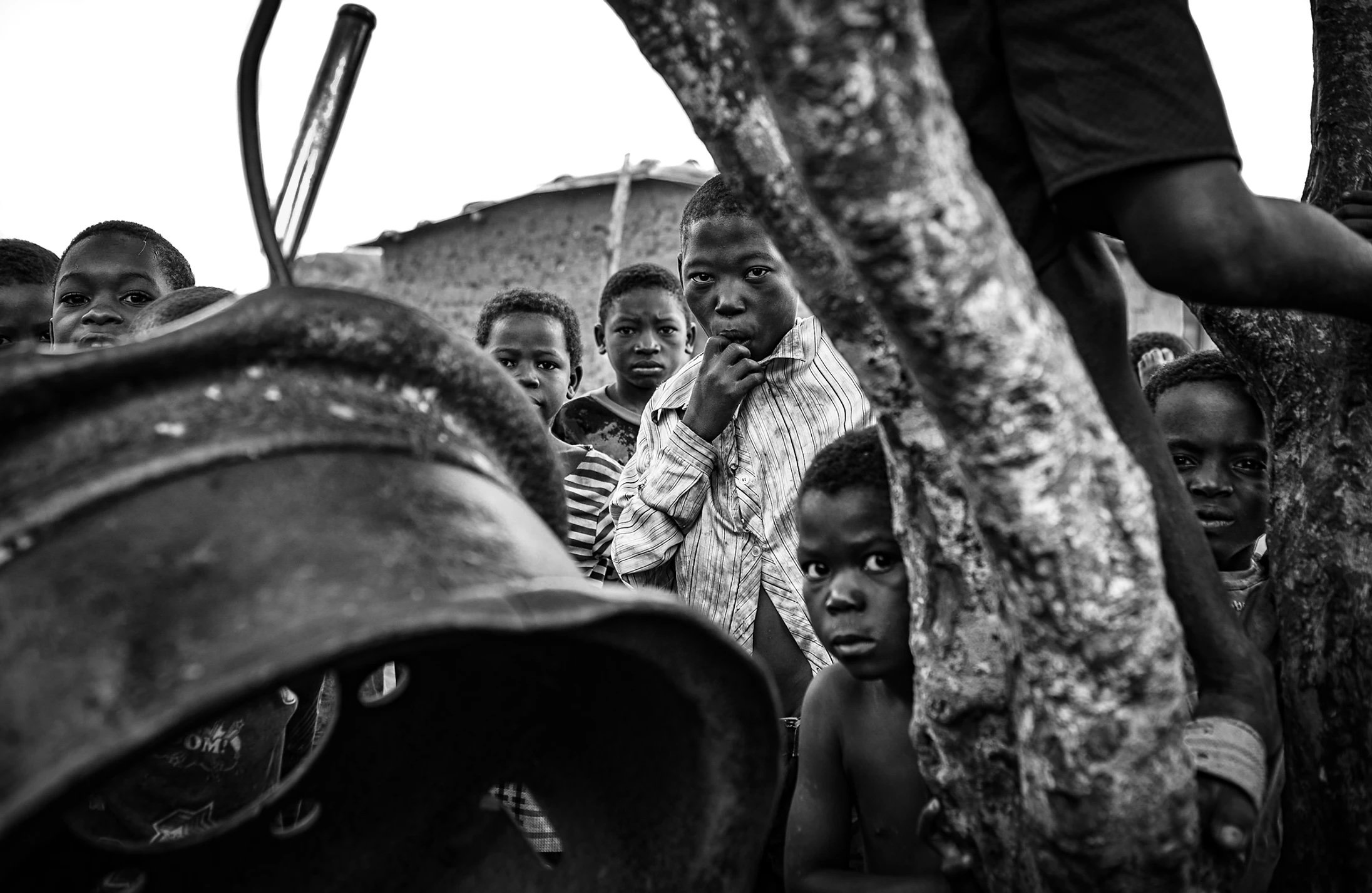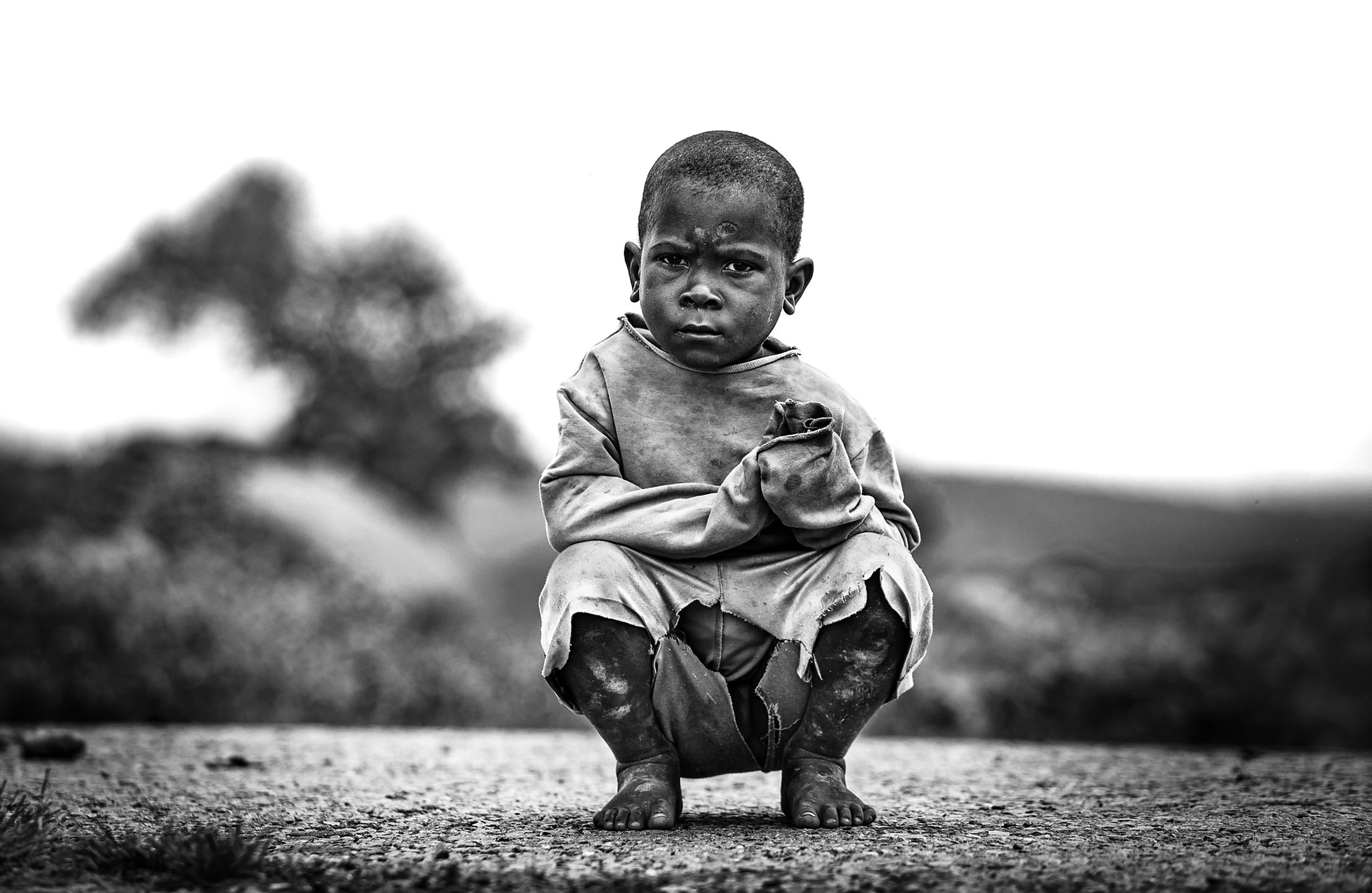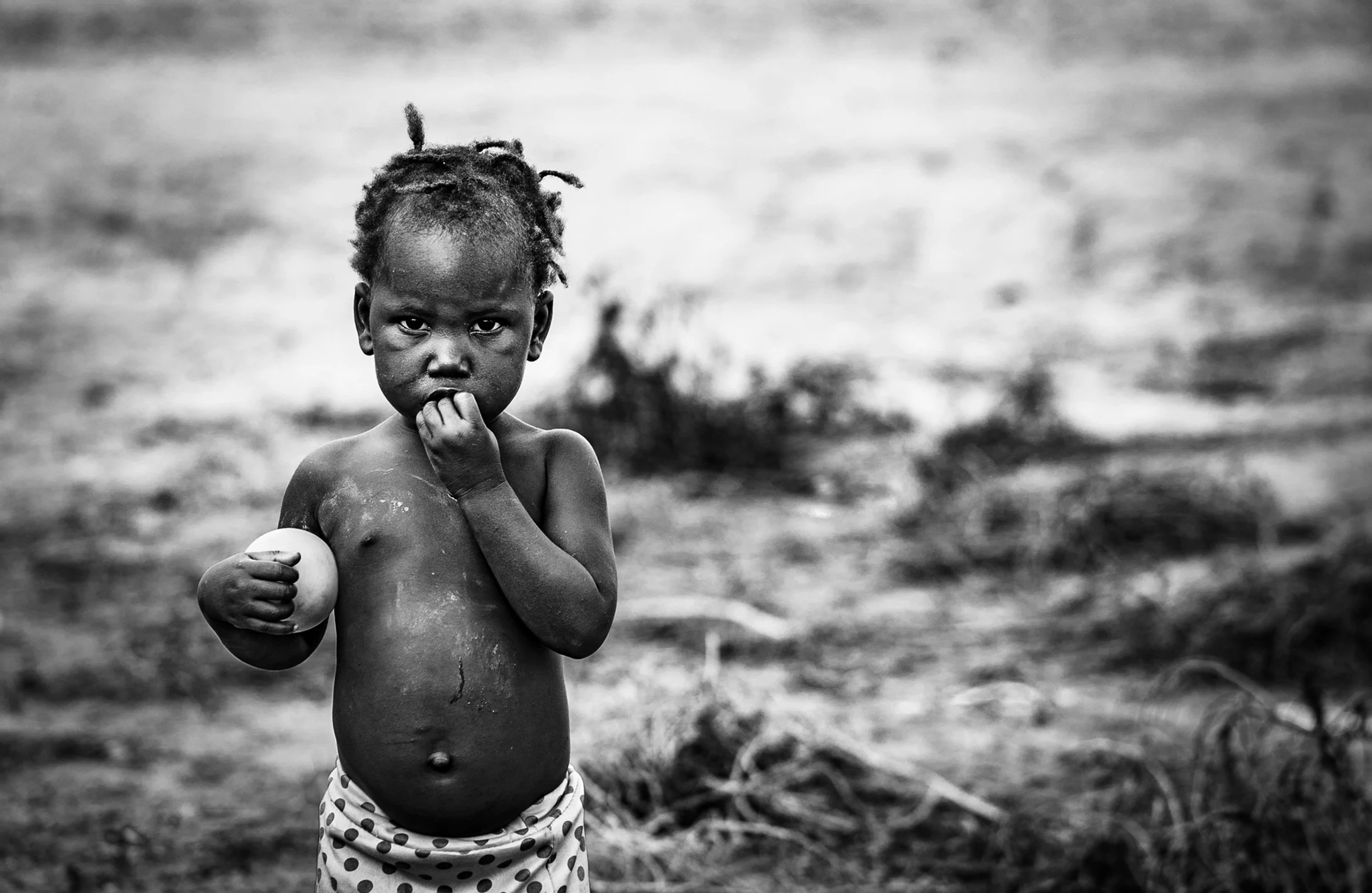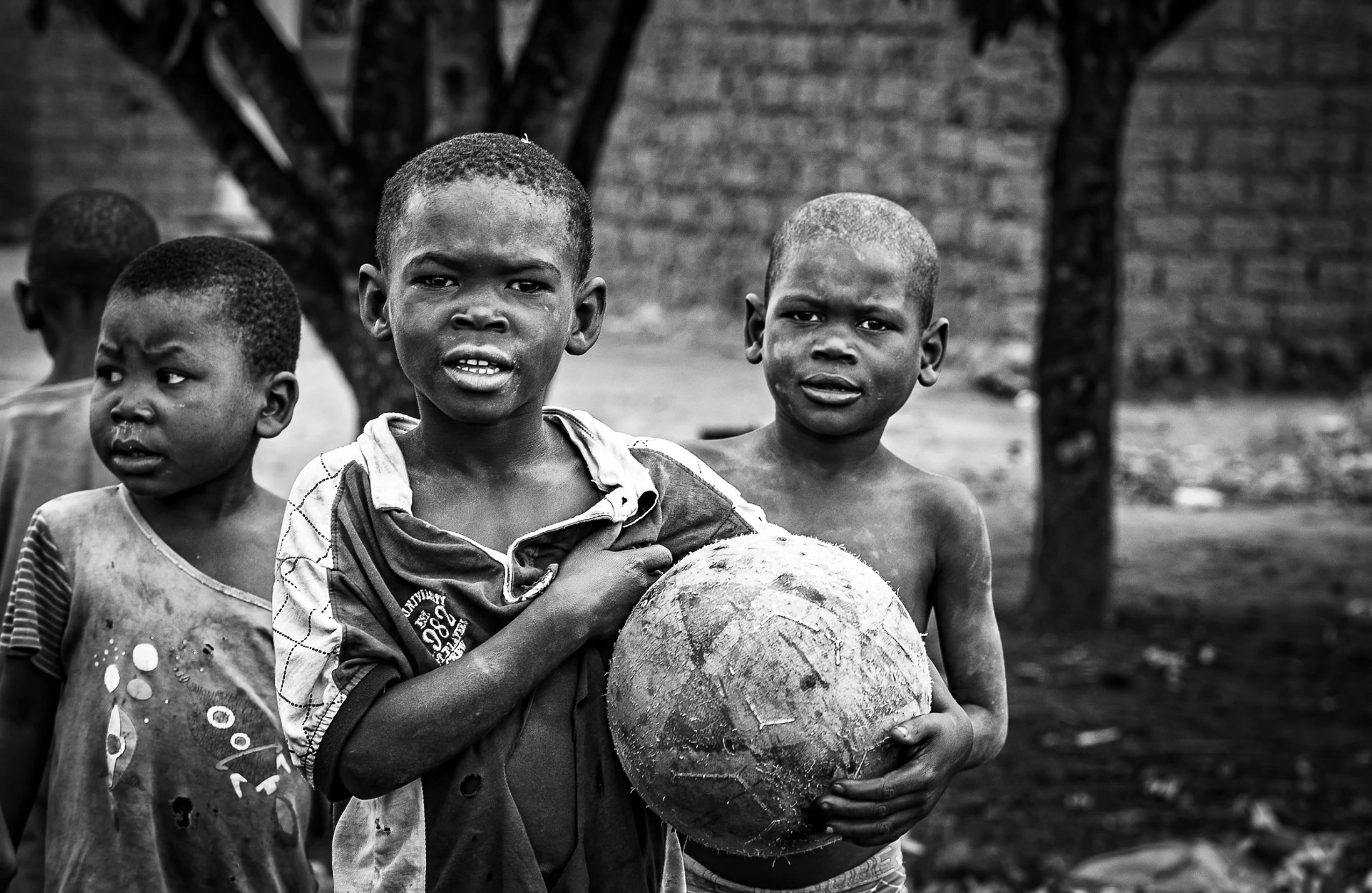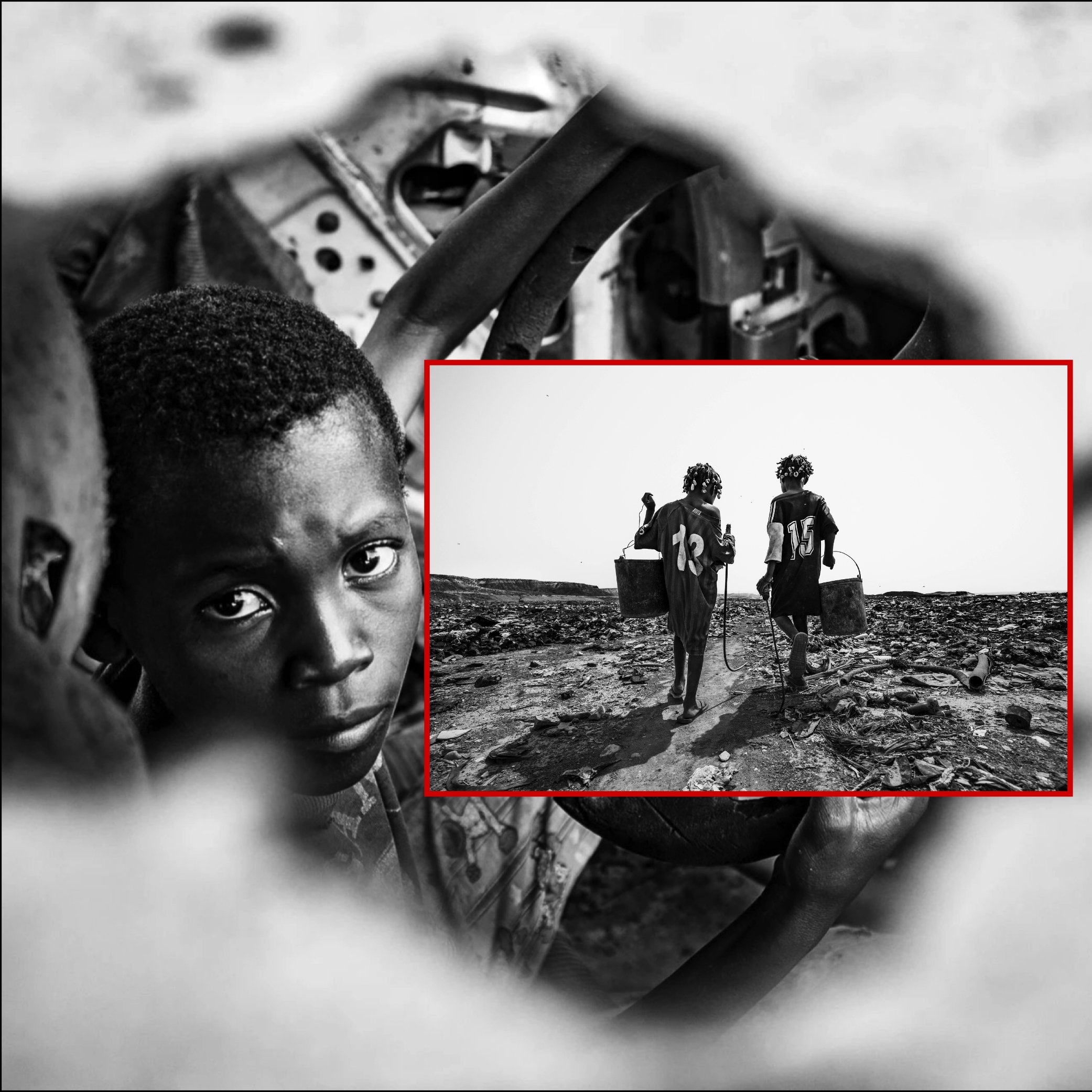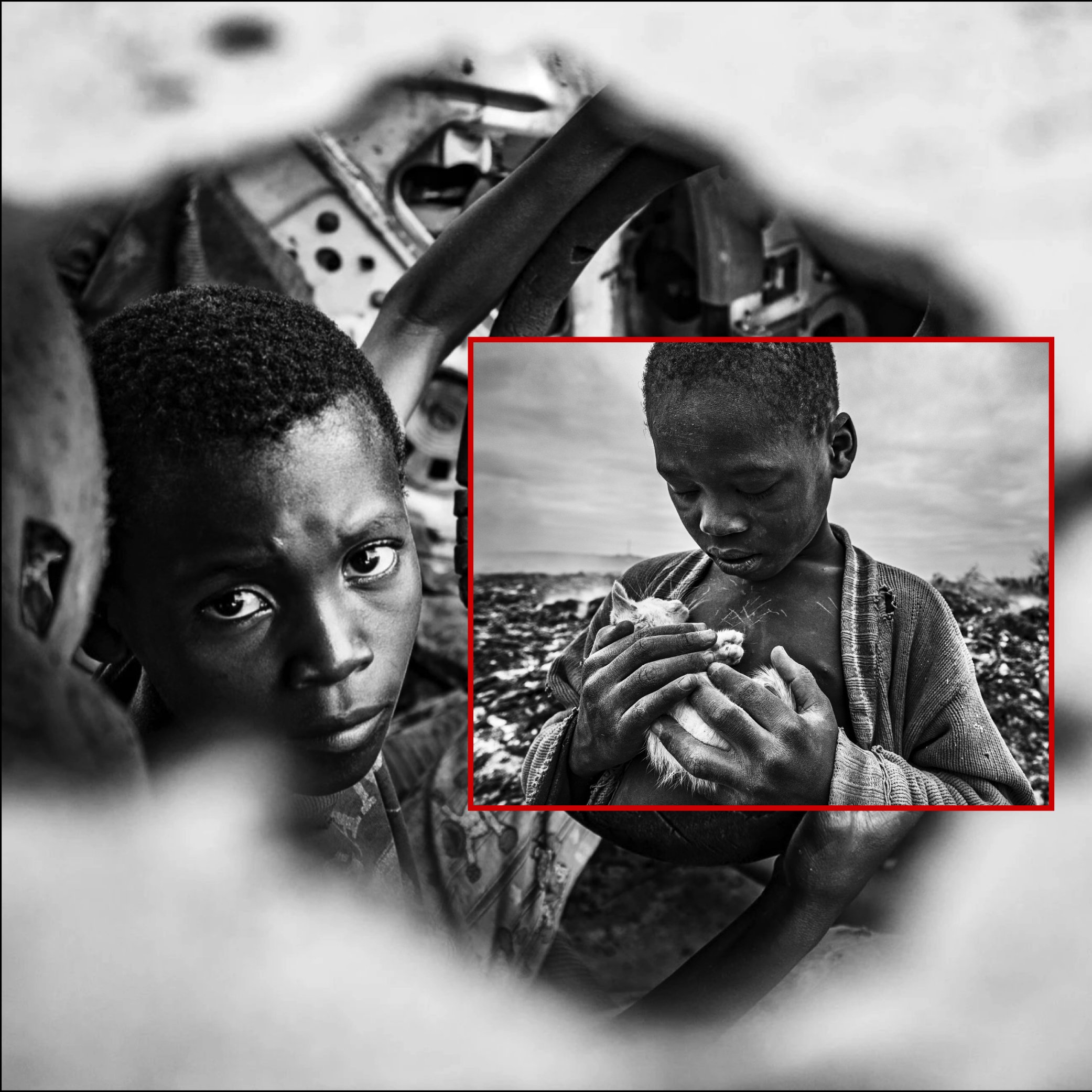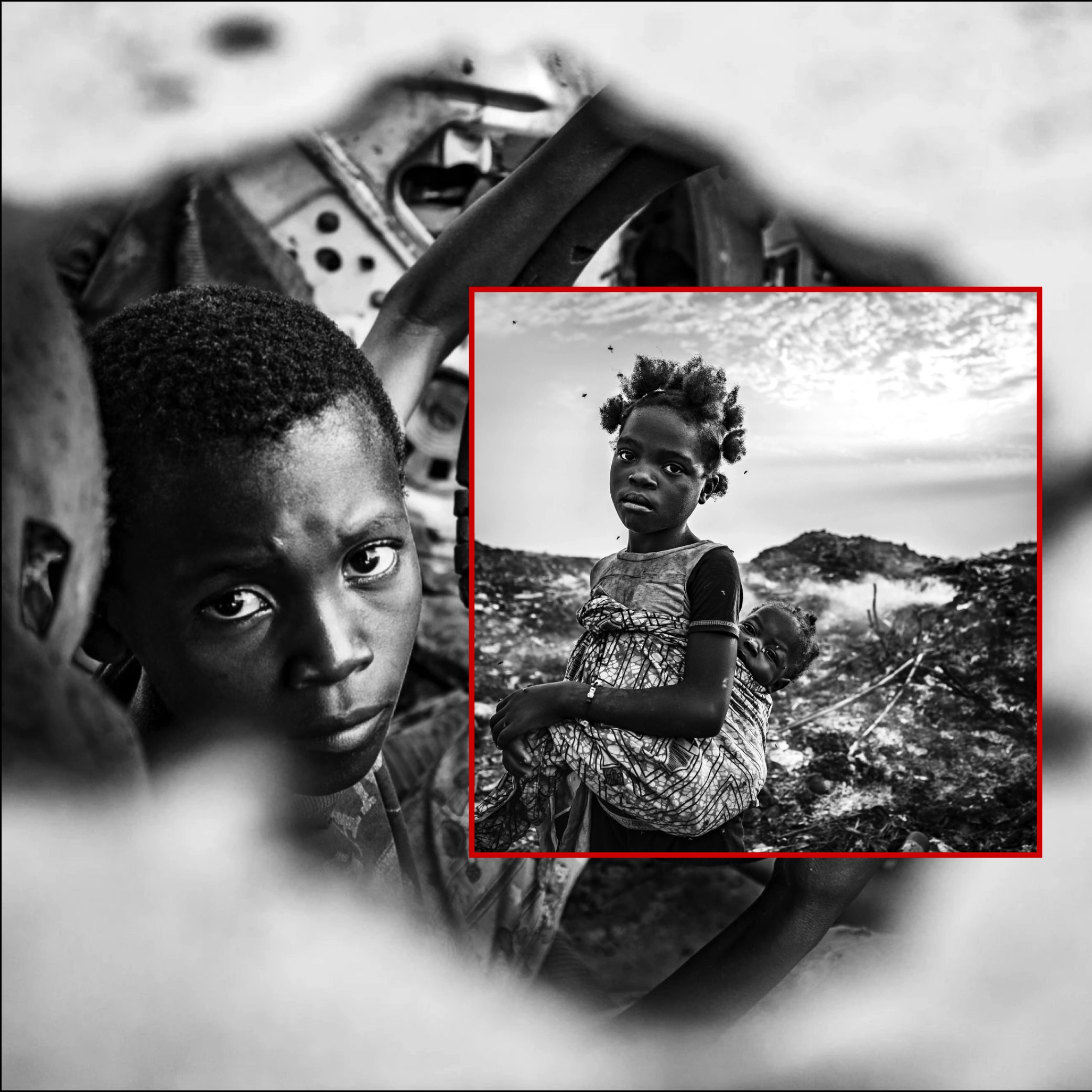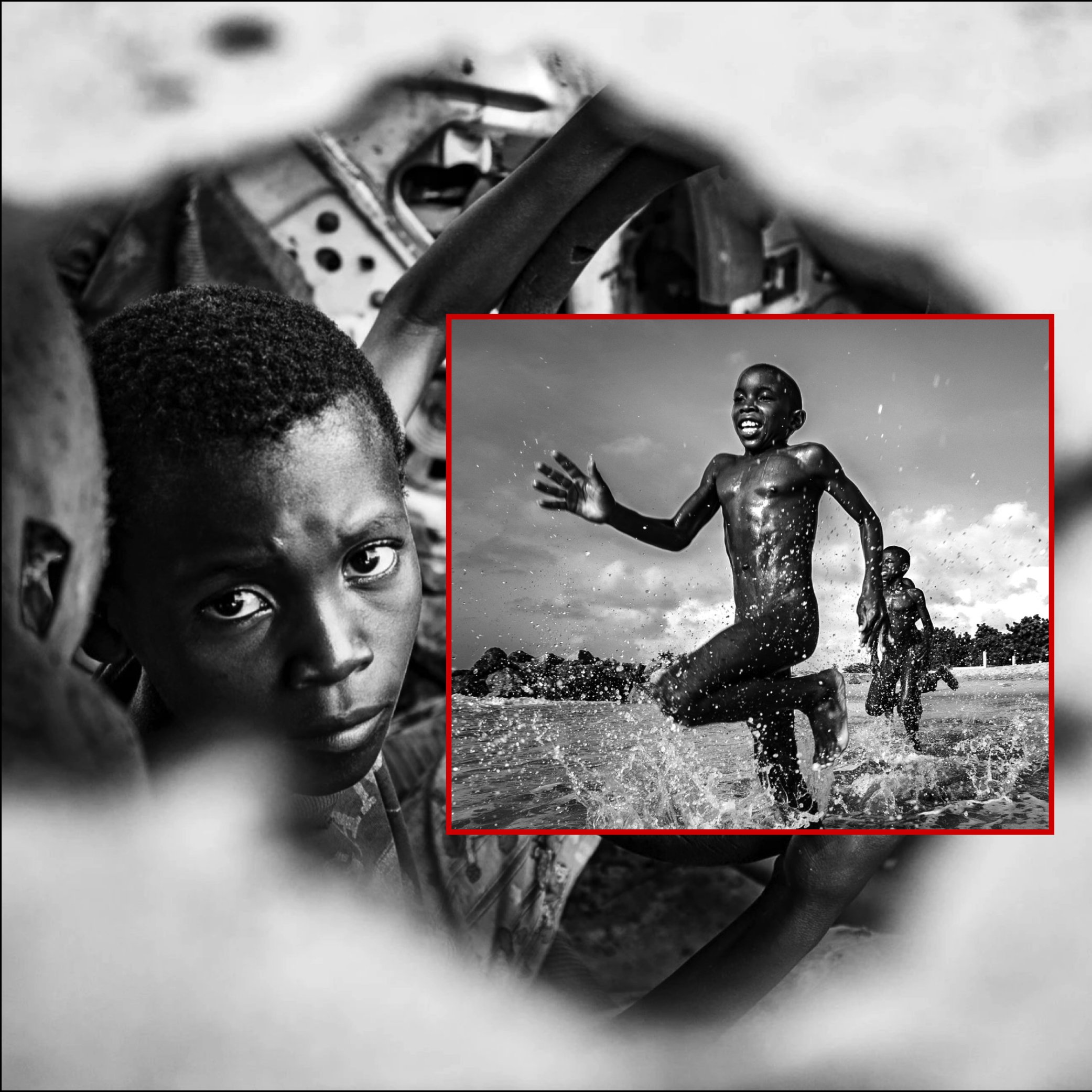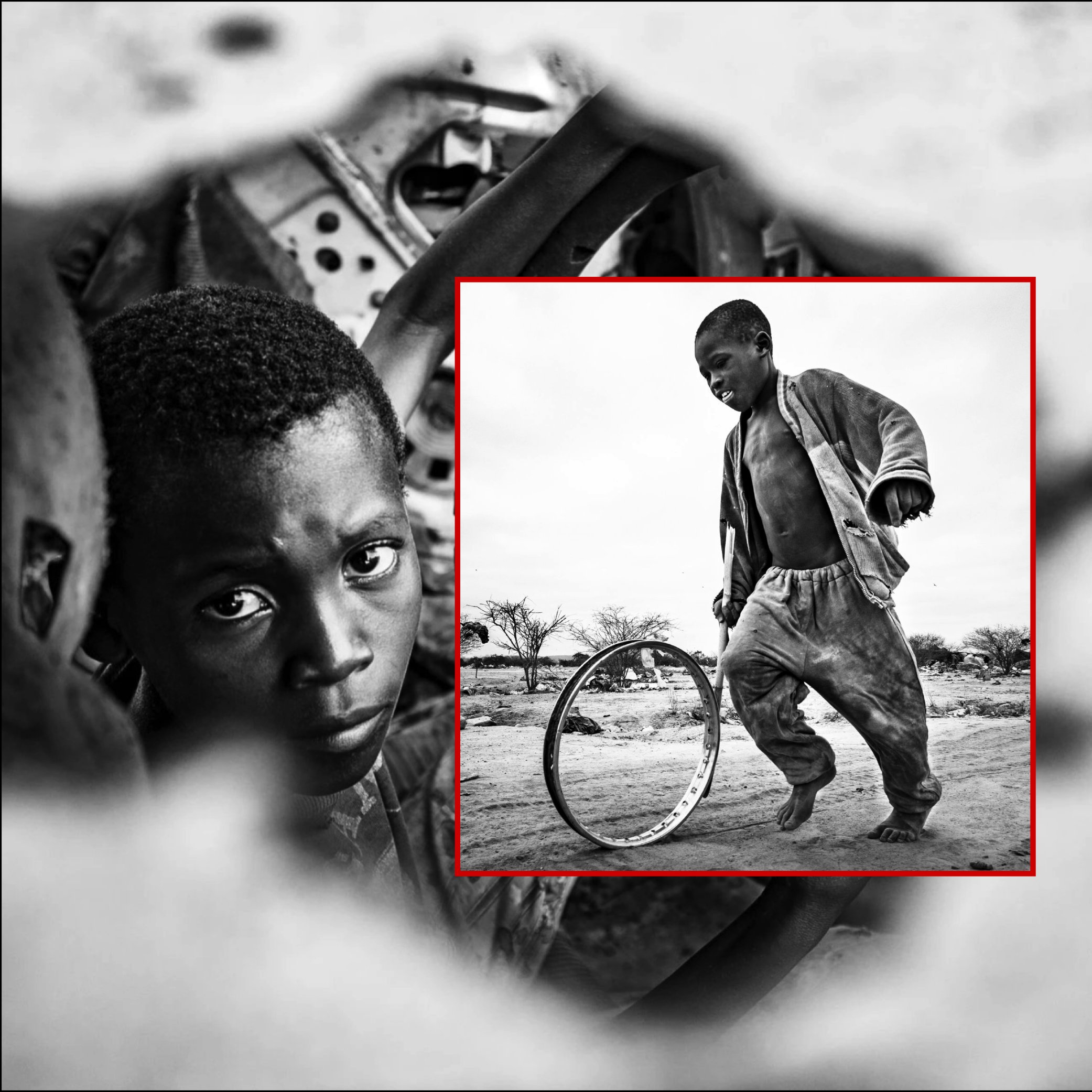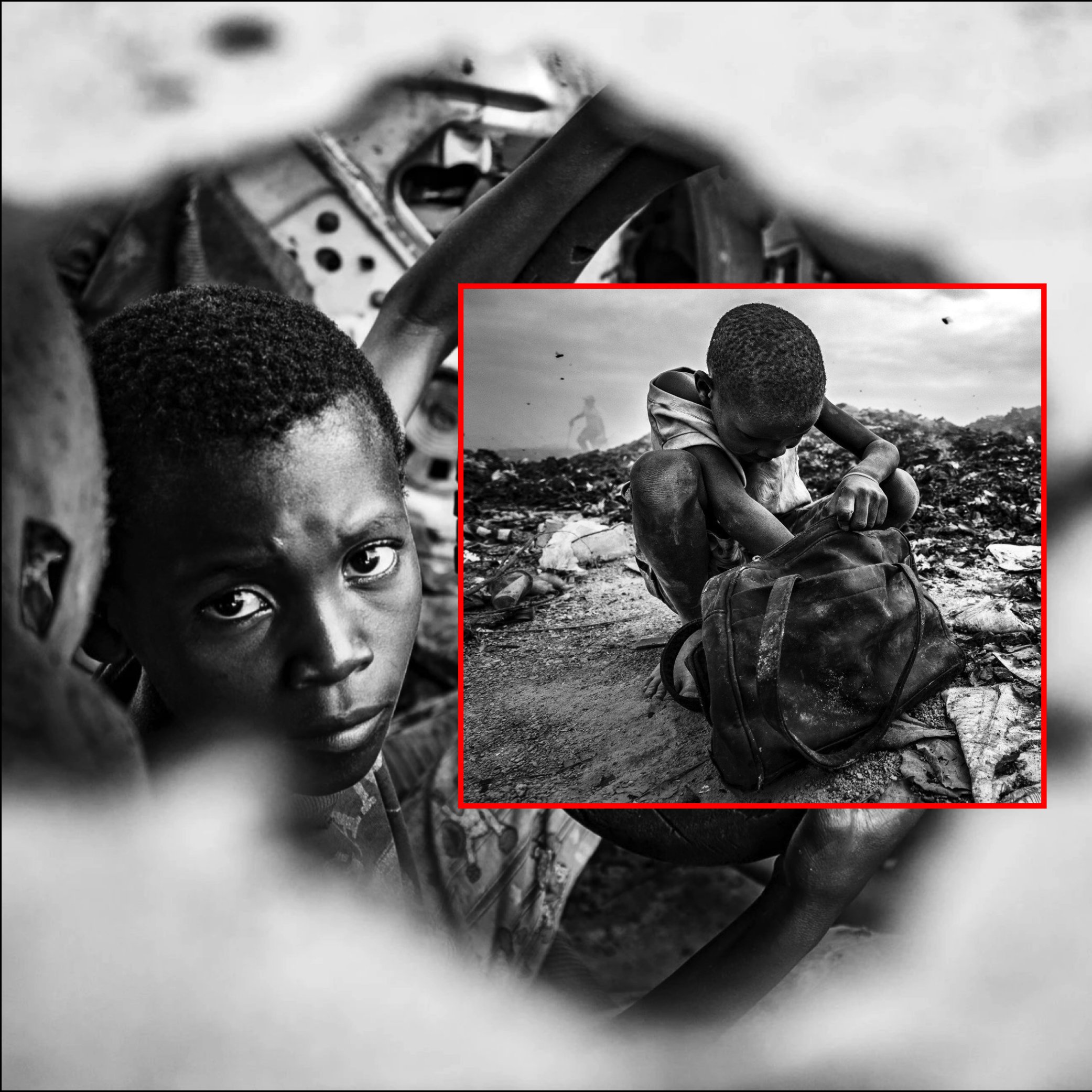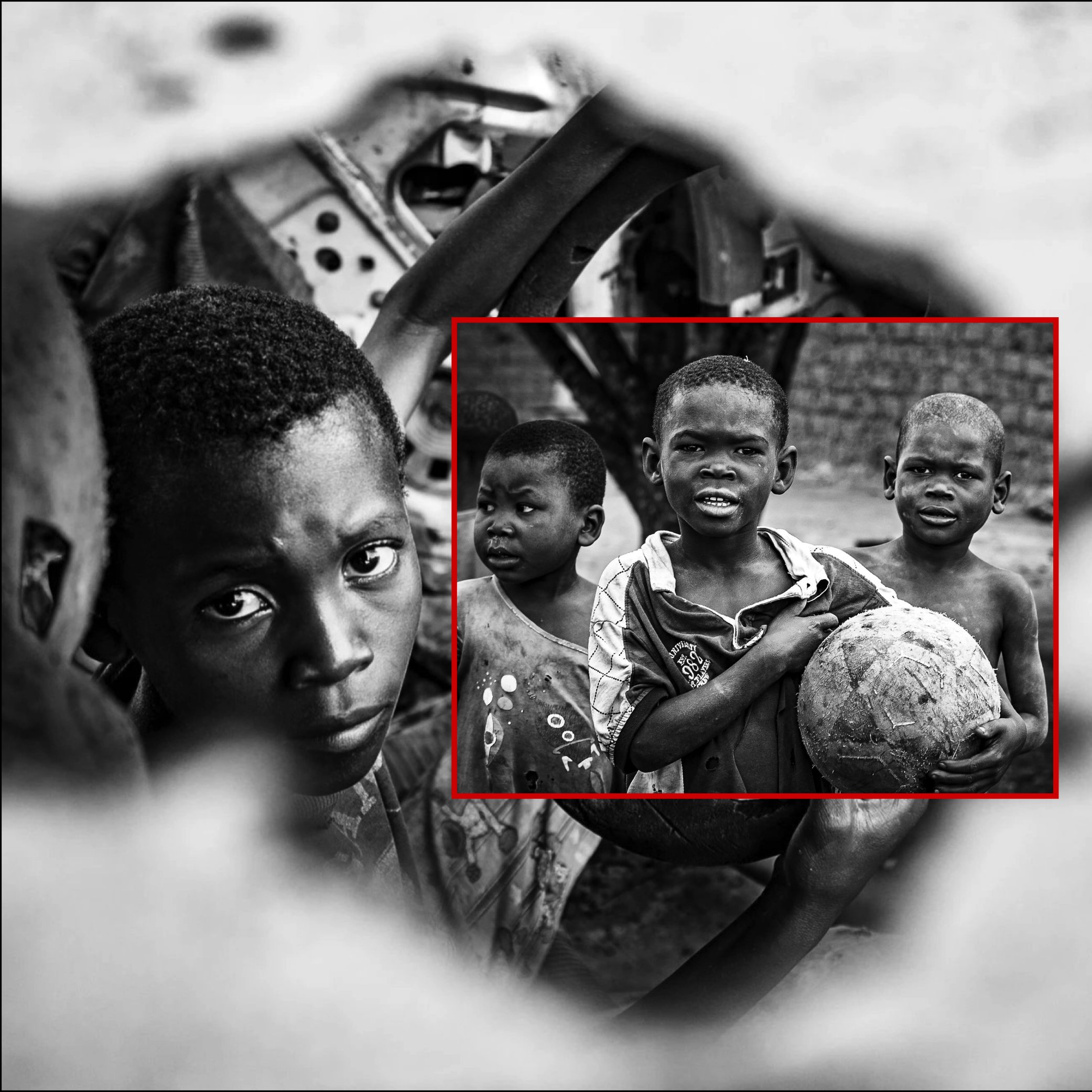Angolan Short Stories: Curiosity
Curiosity
Who are you? Where did you come from? What do you come here for?
When I arrived at this remote village, these questions seemed stamped on the curious and somewhat shy expressions and looks.
Electricity and all that we call civilization have not yet arrived here, where everything happens in harmony with nature and its rhythms. The sun commands their parents' workday in the fields and their plays until nightfall, when they gather around the campfires under a starry sky, listening to stories of the collective imagination told by the elders.
Beautiful and pure curiosity reminds us how far we've strayed from their world.
This village is located in the municipality of Calandula in northeastern Angola.
Calandula is known for its waterfalls, the 2nd largest in Africa and one of the seven wonders of Angola. The village has no more than 40 inhabitants who farm and fish in the rivers, mostly old people and children.
These photos were taken the first time I visited. I went back about 3 years later and one of the children still remembered my name, this moved me deeply.
Calandula Falls (formerly known as Duque de Bragança Falls) are waterfalls in the municipality of Calandula, Malanje Province, Angola. On the Lucala River, the falls are 105 meters (344 feet) high and 400 meters (1,300 feet) wide. They are one of the largest waterfalls by volume in Africa. The distance from Luanda is 360 km.
“The scenery is breathtaking, featuring magnificent waterfalls. Although many tourists are around, you can still walk peacefully through the forest and gaze upon the falls from above. Alternatively, you can stand on the stones at the edge of the falls and look down. If you're feeling adventurous, I recommend swimming in the rapids before the falls. The river is quite sizable, and the rapids aren't too fast, but do be careful of any rocks lurking beneath the surface. Overall, the trip is worth it.” It's difficult to understand how someone can enjoy tourist destinations while poverty remains prevalent and the local communities do not benefit from the tourism industry.
